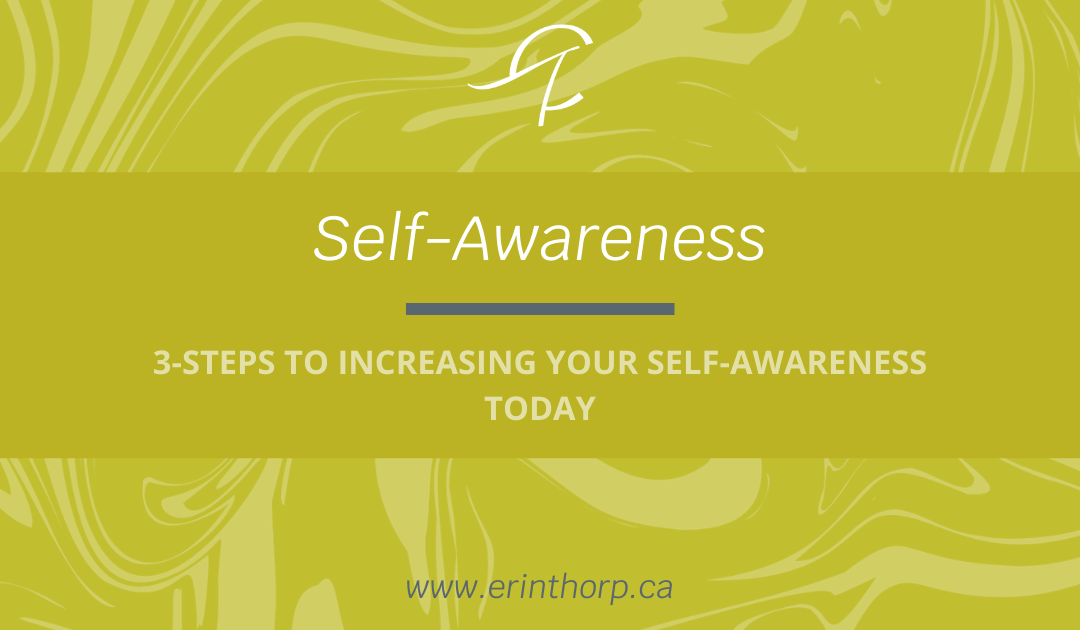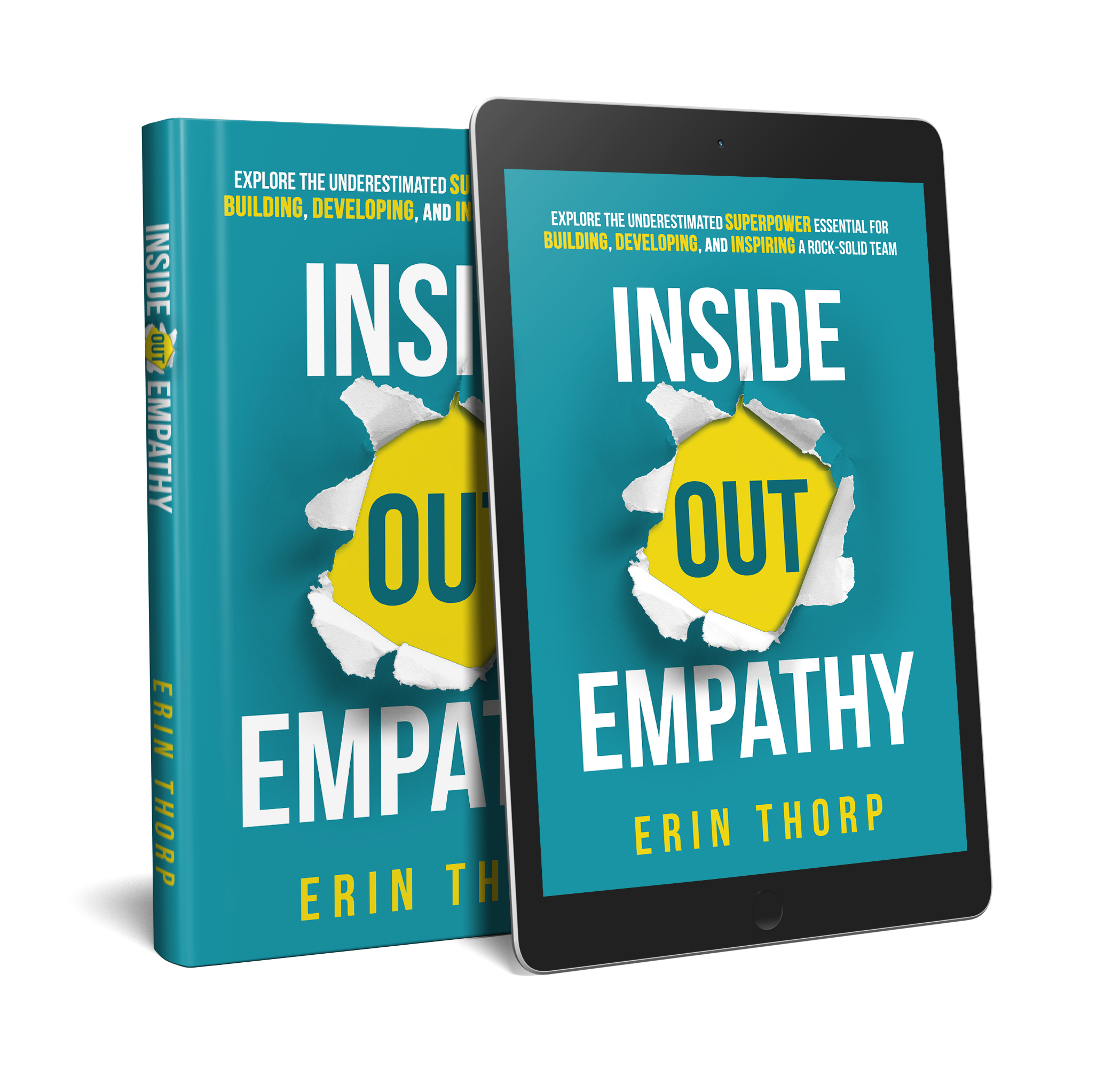How Self-Aware are you?
In a series of surveys, Tasha Eurich, found that 95% of people think they’re self-aware, but only 10-15% truly are. That is a staggering gap when you stop to think about it. When I first heard this a few years ago, it took me off guard. I wanted nothing more than to dismiss it outright. That exact thought, might be the perfect explanation for the gap!
Internal Self-Awareness
Internal self-awareness has to do with how clearly we see the truth of who we are. It is the understanding of our own values, passion, ideal environment, aspirations, ambitions, and impact on others.
People who have a highly developed internal self-awareness experience lower levels of anxiety and stress, are more consistent in their behaviors and happier. When internal self-awareness is high, we don’t have to hide aspects of ourselves nor do we say ‘yes’ when we really mean ‘no’ in response to opportunities, requests and situations.
External Self-Awareness
External self-awareness is the understanding of ourselves from the outside, knowing how other people see us. It requires that we be open to the feedback, perspectives and opinions of others. We actively seek out feedback and are genuinely curious about our impact on others.
People with highly developed external self-awareness are able to build deep and trusting relationships because they are keenly aware of their impact and role in the relationship.
Where Things Get Interesting
If you are like me, you might assume that the more internal self-awareness you develop the greater your external self-awareness would be. Wow, was I wrong in this assumption (as we usually are when we assume!). Most of the research shows that there is no correlation at all. In fact, other research shows that there is an inverse relationship. Yes, if you are highly developed in one area of self-awareness, you might actually be lacking significantly in the other. Let’s explore that …
People with highly developed internal self-awareness – those who are highly connected to their own internal world, emotions, and feelings – might be completely unaware of how they are coming across to others.
Inversely, people with highly developed external self-awareness might be so concerned with how others experience them that they self-sacrifice their own dreams, aspirations, and values just to please others. This was an all-too-hard look in the mirror for me. I was someone who thought they were completely self-aware, until I could no longer ignore the mounting evidence that there was in fact, some serious work for me to do.
Lack of Self-Awareness
As I said, there was plenty of evidence that I had work to do in this area of my leadership skills. I always believed and was proud of the fact that I was doing the work required to be ‘self-aware’. I wasn’t naive or arrogant about this work, I just didn’t know what I didn’t know.
These were some of the ‘signs‘ for me that I was lacking both internal and external self-awareness.
-
-
- My emotions catching me off guard at the worst possible time
- Inability to articulate my values and a constant feeling of inner conflict
- Putting my dreams and aspirations ‘on-hold‘ for others, indefinitely
- Unwilling to hear feedback that I was often perceived as intimidating
- Staying small and not offering my perspective to countless conversations as a way to ensure that I didn’t ever upset anyone.
-
Increasing your Self-Awareness
These are the actions I took to increase my own self-awareness and where I typically start with all my clients:
1. Reflection
Participating in various reflective practices on a daily basis allowed me access to my inner world. These practices create space to notice what is going on inside — not to try and change it. Tough and so necessary!
Ways that I like to practice reflection:
-
-
- Journaling – set a timer for 5 minutes and just write. Whatever is on your mind, get it out.
- Meditating – from 3 minutes of silence to 30 minute guided meditations, it doesn’t matter. Get still. Get quiet. Listen.
- Setting a reminder in my phone to notice what I’m feeling at that moment. When it goes off, pause, notice the feelings, acknowledge them and carry on with whatever I was doing at the time.
-
2. Seek Out Feedback
In order to increase my awareness of how others experienced me, I had to ask them. Asking others how they experience you can be particularly vulnerable and if you’re not in a space where you can openly receive the feedback, reconsider asking. This work is not for the faint of heart!
Ways I gathered feedback that might work for you:
-
-
- 360° Leadership Assessment
- Asking a colleague or friend what their experience is of you
- Client feedback form
- Surveys
- Simply asking the question, “What is your experience of me?”
-
3. and … ACTION!
You can do all the reflection work and gather all the feedback and if you do nothing with it … nothing will change! This is pretty much guaranteed.
If you want to take action that is aligned with your values, goals, feelings, and aspirations you’re going to have to practice making decisions, talking, and representing yourself from this place.
If you want to build deeper more trusting relationships you’re going to have to start listening to feedback, understanding your impact, and adjusting your behaviors.
Actions I took to support integration:
-
-
- Establish agreements with trusted confidants to give you real-in-the-moment feedback
- Plan and prepare before conversations so you can find the balance between your needs and the needs of others.
- 1:1 and group coaching relationships
- Keep reflecting
- Keep asking for feedback
-
I know you are capable of developing your total self-awareness if you want to. If you crave deeper more trusting relationships, living fully connected to your values, your dreams and your aspirations, dive into this work. Self-awareness is all that is standing in your way!
I write these articles to support leaders in becoming more effective by embracing all parts of themselves and increasing their capacity to practice empathy.
Thank you for being here.




